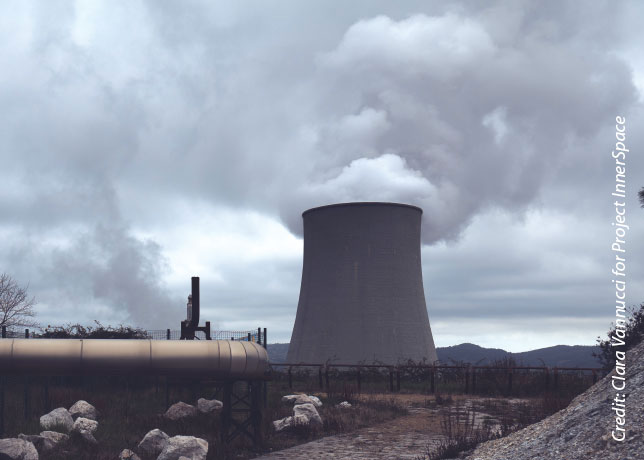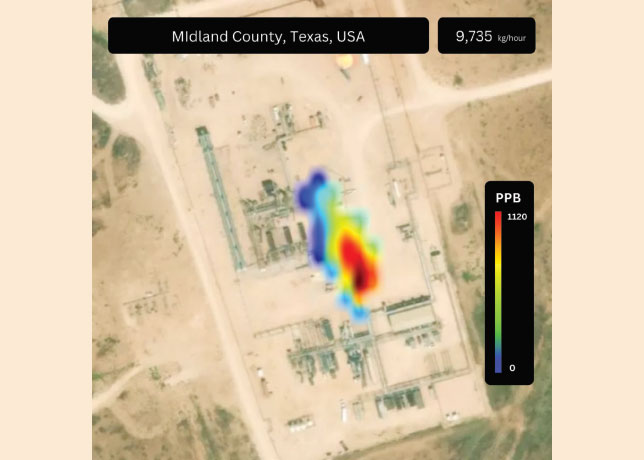 Image by Rorozoa/ Freepik
Image by Rorozoa/ Freepik
Oil prices firmed as market participants weighed up geopolitical tensions and the prospect of Opec+ extending supply cuts against weaker demand.
Brent crude futures rose 23 cents, or 0.3 per cent, to $73.85 a barrel by 0700 GMT, while US West Texas Intermediate crude futures gained 19 cents, or 0.3 per cent, to $70.13.
On Tuesday, Brent posted its biggest gain in two weeks, rising 2.5 per cent.
A shaky ceasefire between Israel and Hezbollah, South Korea's curtailed declaration of martial law and a rebel offensive in Syria that threatens to draw in forces from several oil-producing countries, all lent support to oil prices, said Priyanka Sachdeva, senior market analyst at Phillip Nova.
Oil markets, however, are largely discounting an abundantly supplied 2025 amid sluggish demand signals from the US and China, the world's top two economies, she added.
"Weaker demand signals from mainland China are raising concerns about demand in the oil market ... The world's largest crude oil importer may struggle to maintain its significant share of global demand by 2025."
Meanwhile in the US, crude oil inventories rose 1.2 million barrels last week, market sources said, citing data from the American Petroleum Institute.
Gasoline inventory also rose, by 4.6 million barrels, even though the week included Thanksgiving when demand typically rises as families travel by car for holiday get-togethers.
Official data on oil stocks from the US Energy Information Administration is due on Wednesday at 10:30 a.m. ET (1530 GMT). Analysts polled by Reuters expect a 700,000 barrel decline in crude and a 639,000 barrel increase in gasoline.
Also supporting prices, the Organization of the Petroleum Exporting Countries and allies, or Opec+, will likely extend output cuts until the end of the first quarter next year when members meet on Thursday, industry sources told Reuters. Opec+ has been looking to gradually phase out supply cuts through next year.
"The main issue facing any return of Opec+ supply is that non-Opec supply growth in 2025 is expected to eclipse the growth in global oil demand," said Commonwealth Bank of Australia analyst Vivek Dhar in a note.
"The International Energy Agency expects non-Opec supply growth, led by the US, Canada, Guyana and Brazil, to increase supply by 1.5 million barrels per day (bpd) next year. Global oil demand is only expected to lift about 1 million bpd as China's oil demand is expected to remain subdued."
In the Middle East, Israel said on Tuesday it would return to war with Hezbollah if their truce collapses, and its attacks would go deeper into Lebanon and target the state itself. The comment followed the deadliest day since Israel and Hezbollah agreed to a ceasefire last week.
In neighbouring Syria, rebels advancing against government forces pushed close to the major city of Hama, rebels and a war monitor said, after their surprise capture of Aleppo last week. -Reuters






























































